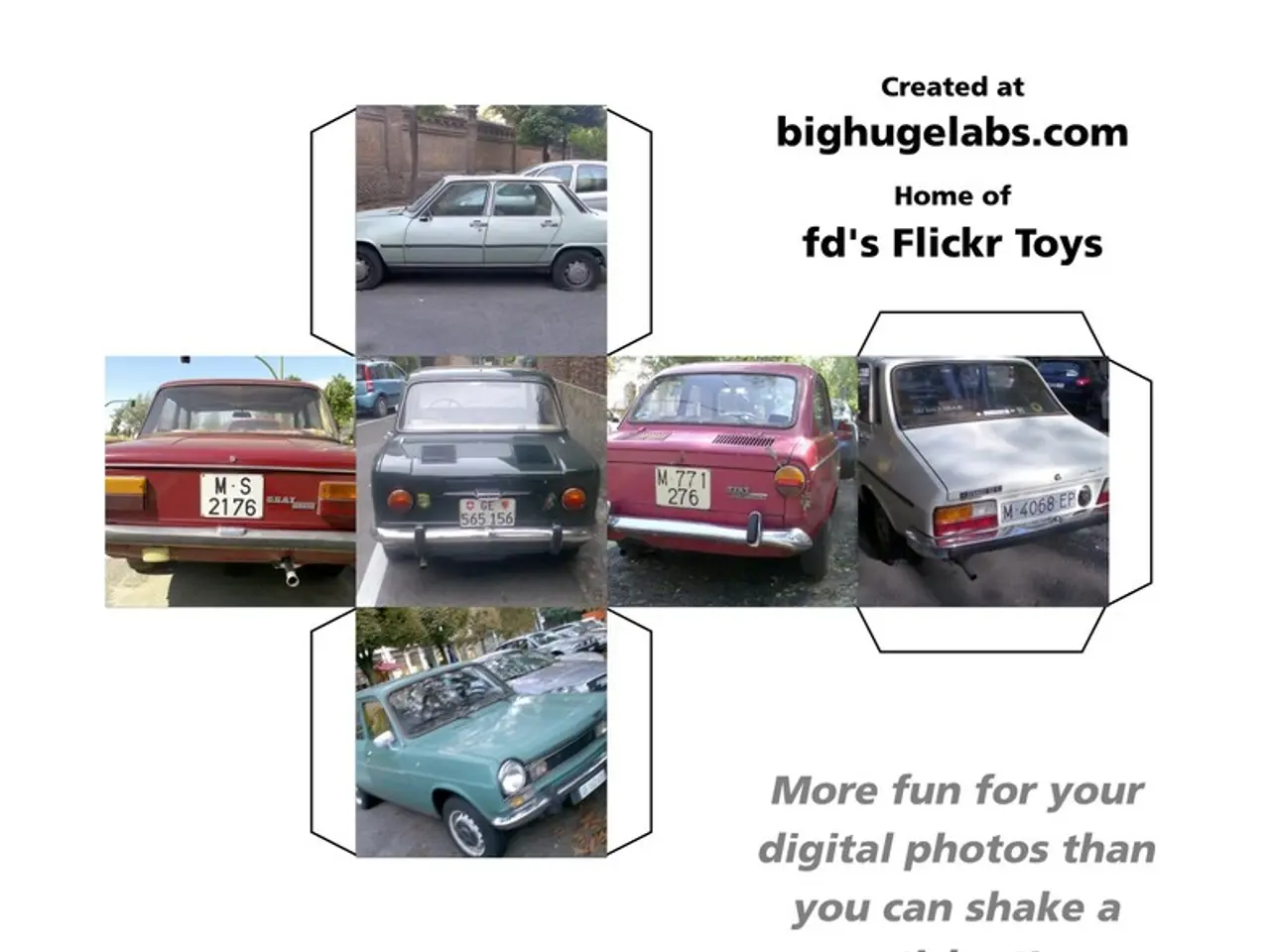Transformation in the Automotive Industry and Its European Implications
The European automotive industry, a significant contributor to the continent's economy, has been facing a steady decline in employment, with a net loss of nearly 43,000 jobs since 2019. Despite this setback, the industry's importance in manufacturing, employment, competitiveness, and innovation within the EU remains underscored.
The industry's influence extends beyond the borders of Europe, significantly bolstering the continent's export revenues and helping to reduce the foreign trade deficit. The upcoming legislative term promises to be a focus for the industry, with discussions on CO2 standards for heavy-duty vehicles and the Euro 7 pollutant emission standards still ongoing.
The industry is making strides towards supporting policy objectives, particularly on climate and sustainability. In fact, a study commissioned in 2021 predicted a net gain of almost 100,000 jobs from electrification and the further development of the Euro pollutant emission standards. However, recent months have seen a halt in the growth of employment in the automotive supply industry, with a risk of a net loss of jobs in 2023.
The discussion on competitiveness in the political debate is welcome, but it must translate into concrete action. Improvements have been made in the rules for taxonomy, supply chain due diligence, and the Net Zero Industry Act, aiming to boost the industry's competitiveness.
The focus on electrification and sustainability is evident in the renewed emphasis on automated vehicles. The first iteration of the fully automated vehicles safety requirements and test methods has been seen, marking a significant step towards a more sustainable future.
European suppliers are also making their mark in the highly competitive Chinese market. The top group of EU suppliers, including those specialising in EV powertrain components, are successfully competing against domestic Chinese companies such as BYD Auto and Geely Auto, known for their advanced battery and vehicle production, and AI-powered hybrid powertrain systems, respectively.
However, China's exports to the EU surged by almost 11% while EU exports to China fell by 16% in the first half of 2023. While specific comparative trade figures for EV components are not provided, China's dominance as a major hub for semiconductor demand and its strong export capacity suggest a significant domestic production reducing reliance on imports.
Challenging discussions on PFAS restrictions and the development of vehicle Life Cycle Assessment will continue next year, underscoring the industry's commitment to sustainability and environmental responsibility. The Commission has not yet proposed a role for renewable fuels or a sector-specific legislation on access to data from connected vehicles, areas that will likely be topics of discussion in the future.
Lastly, there is a need to reassess the administrative burden resulting from the growing set of rules, ensuring that the industry can continue to thrive while adhering to the necessary regulations. Our website has increased its engagement in EU R&I policy and projects, promoting technological advancement and the industry as a driver for innovation and sustainability.
In conclusion, the European automotive industry is at a pivotal moment, facing challenges but also presenting opportunities for growth and innovation. The focus on competitiveness, sustainability, and technological advancement will be key to navigating these changes and securing the industry's future.








